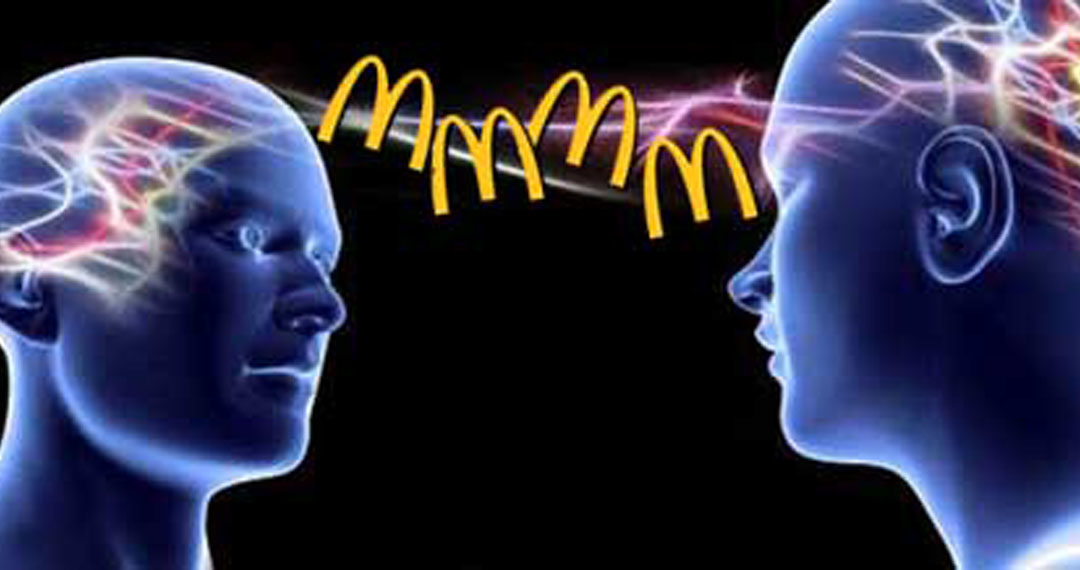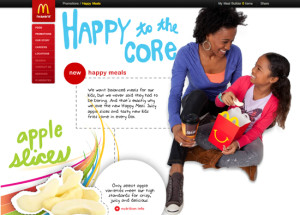I typically wrestle with already intangible concepts like customer service and customer experience. While there is a body of evidence that clearly supports a ROI on investments in these areas, it often comes down to a leaders own experience or intuition. I would like to stretch your mind a bit further, even further down the rabbit hole of the business of intuition… if you can put your rational, scientific, mind on pause for a moment and take this journey of thought with me, then let’s come back and reflect on whether this matters in the world of customer service and customer experience.
Intuition: Steve Jobs called intuition “more powerful than intellect.” In the business world we work in today which has a rate of change increasing exponentially, often times the science of business fails us. This reminds me of the amazing last class of Corporate Strategy during the MBA at Nyenrode, where professor Fred Lachotzki essentially wrapped up the two years with an amazing message. As I remember it, he was sitting in the middle of the class with a glass of red wine, and his closing piece was about after all the strategic methods he had taught us have been explored, the best thing is often to just sit alone and drink a glass of wine. Your intuition will guide you.
Telepathy: In early September of this year, brain to brain communication was proven by Harvard researchers between two people. One person was in India and the other in France, and they were able to send simple word messages to each other with the assistance of a computer connection. It was widely reported across the media, including The Telegraphy, Science Daily, KurzweilAI. What they have proven, although with the help of computers and at an extremely slow rate, people’s brains are in fact able to communicate with each other over long distances. It was the reports of this experiment which got me thinking about what this could mean about our service and experience strategies.
Alan Turing is reported to have been open to these observations as well, saying paranormal topics currently referred to today as Psi, “…seem to deny all our usual scientific ideas. How we should like to discredit them! Unfortunately the statistical evidence, at least for telepathy, is overwhelming. It is very difficult to rearrange one’s ideas so as to fit these new facts in. Once one has accepted them it does not seem a very big step to believe in ghosts and bogies. The idea that our bodies move simply according to the known laws of physics, together with some others not yet discovered but somewhat similar, would be one of the first to go.”
Collective Consciousness: There is a wildly debated experiment where two groups of people complete the same cross word puzzle. The second group has had no contact with the first group, and they finished the cross word puzzle faster than the first group. Does this prove the phenomenon of Collective Consciousness exists? Of course not, but it is a curious thing.
By now, unless you have been able to read my mind, you are probably asking yourself, “So what does this have to do with customer service and customer experience?”
Companies have been investing for years in emotional branding, and many with incredible payoffs. Consider McDonald’s, which despite being rated as the most hated company in America in 2014, continues to have an incredible emotional connection with people. Despite their dubious health claims, they have been wildly successful with the positioning of happy meals, with wonderful little toys (did you know McDonald’s is the largest toy distributor in the US? It’s true!), and being a place where parents can bring their kids for a treat. Nike, Disney, and other super powerful brands are very much focussed on creating emotional connections with their customers as opposed to pushing products or services.
Now we get to the big ‘what if’ of the story. What if the emotional memories and connections a brand is making with it’s customers aren’t limited to that customer alone? What if there is a positivity or negativity spiral created with each interaction across a community of people? What if these emotions are connected to the brand experience and are, somehow, on some level, shared across these people who are closely related?
If this is the case, even if not proven today, would this impact how you are creating your branding and customer experience strategies? I would think so. If you knew that a positive emotion of a family eating at your restaurant would somehow be triggered when their friends and family see the logo or experience the food, how would you create that space? I suppose you would make the experiences as similar as possible, such as the logo, the store design, the menu’s, the happy meals… Maybe this is why McDonald’s was rated #14 as the most admired brands in the US (obviously based on different metrics than the hate score above). Love them or hate them, they are creating emotional connections every day, and just maybe making connections with others through you.
If this never turns out to be true, then have you done any harm in designing your brands and experiences to be more positive? What if the experiences are shared across communities are only done by word-of-mouth in person and on social media? I think you know my opinion about that. (See, we are connected!)

Chris Parker specialises transforming organisations to embrace Customer Experience disciplines with a passionate focus on the role of technology. He is a member of the Customer Experience Professionals Association and the Global CX Panel of expert speakers and works with various affiliated organisations to create value for your business.


